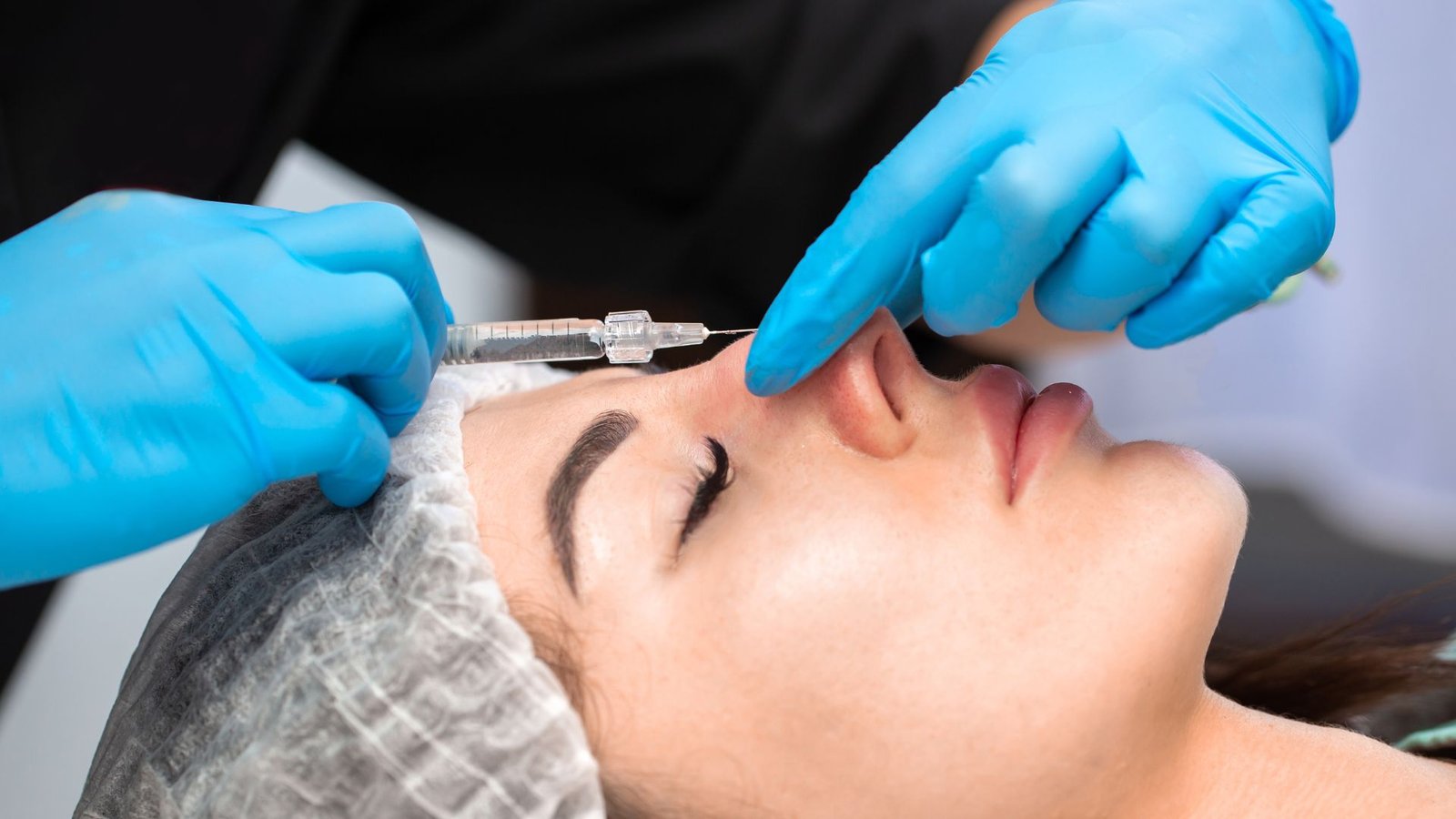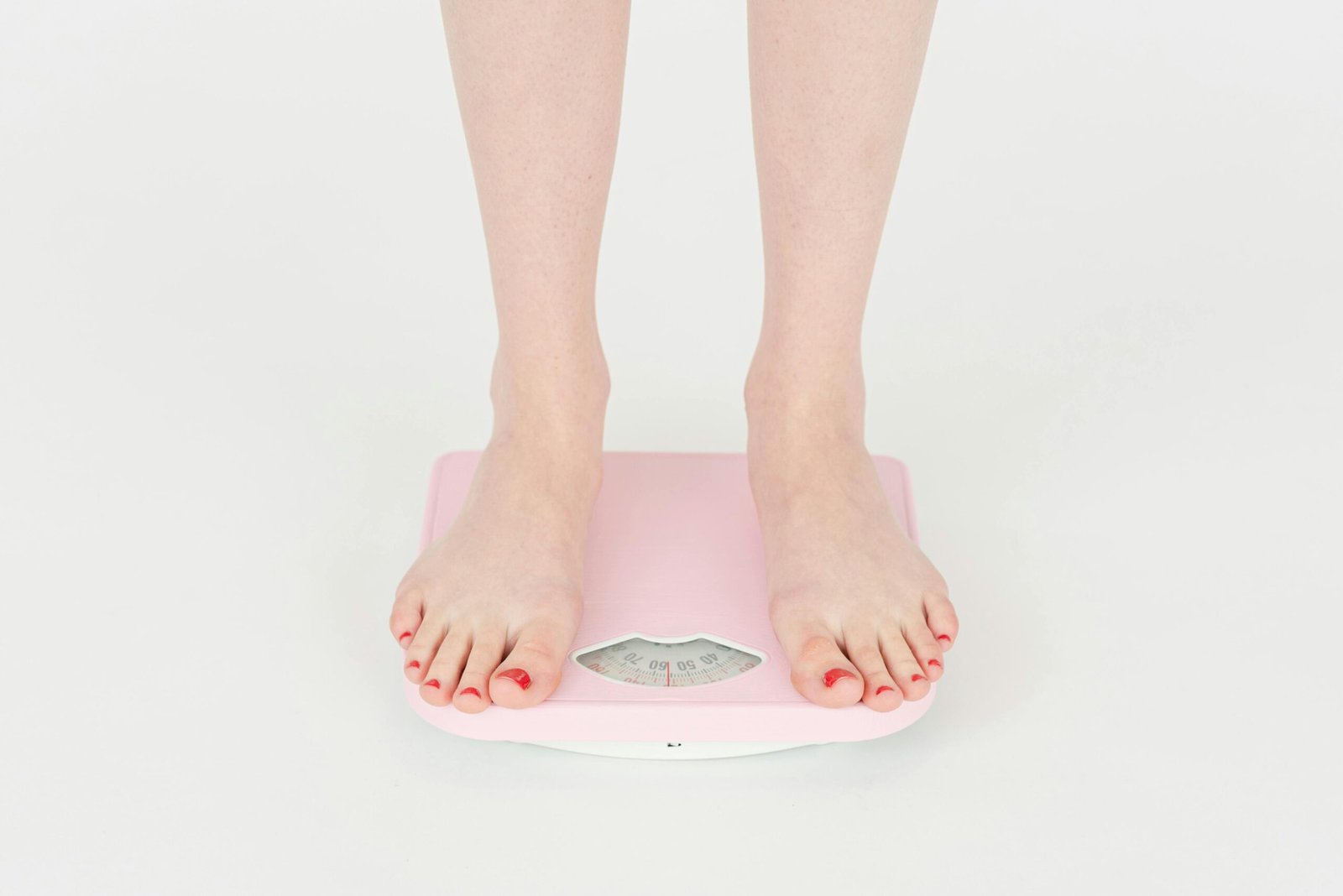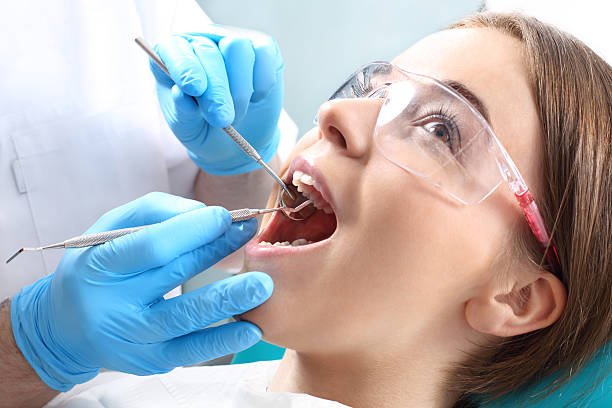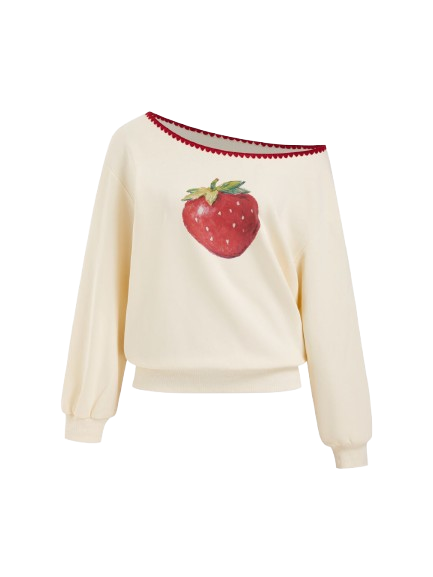In recent years, alcohol-free beverages have surged in popularity as more people adopt mindful drinking habits, embrace healthier lifestyles, or avoid alcohol for religious or medical reasons. Supermarkets, bars, and restaurants now feature an impressive range of alcohol-free beers, wines, and cocktails. While these drinks are marketed as safer alternatives, many people overlook how they might affect the body, especially the liver, one of the most vital organs for detoxification and metabolism. Understanding the hidden impact of alcohol-free drinks on liver health is essential for making informed choices.
Why the Liver Matters
The liver is responsible for more than 500 critical functions in the body, including filtering toxins, regulating blood sugar, producing bile for digestion, and breaking down fats and medications. Because it serves as the body’s primary detox organ, anything we consume, whether food, medicine, or beverages, ultimately affects its performance. Even seemingly harmless alcohol-free drinks can play a role in either supporting or straining the liver, depending on their ingredients and how they’re consumed.
Alcohol-Free Doesn’t Always Mean Alcohol-Free
A common misconception is that “alcohol-free” means completely devoid of alcohol. In reality, most alcohol-free beers and wines contain trace amounts typically less than 0.5% alcohol by volume (ABV). While this is significantly lower than traditional alcoholic beverages, frequent or heavy consumption of these drinks may still expose the liver to small amounts of alcohol. For individuals with liver disease, fatty liver, or those in recovery from alcohol dependence, even trace amounts can be problematic.
Sugar and Calorie Concerns
Many alcohol-free beverages compensate for the lack of alcohol with added sugars, flavorings, and sweeteners to enhance taste. A single serving of some alcohol-free cocktails or beers can contain as much sugar as a soft drink. Excessive sugar intake is directly linked to non-alcoholic fatty liver disease (NAFLD), a condition where fat builds up in the liver cells. Over time, NAFLD can progress to inflammation, scarring, or even cirrhosis if left unchecked.
High-calorie content in these drinks can also contribute to weight gain, another major risk factor for fatty liver disease. Thus, while alcohol-free drinks eliminate the risks associated with ethanol, they can indirectly harm the liver by encouraging metabolic issues.
Artificial Additives and Their Effects
To replicate the flavor and mouthfeel of alcoholic beverages, many alcohol-free alternatives rely on artificial additives such as preservatives, flavor enhancers, and stabilizers. While these substances are considered safe in regulated amounts, excessive consumption may still burden the liver. The liver works to break down and neutralize chemical additives, meaning a frequent intake of artificially processed drinks can increase its workload. Over time, this may contribute to oxidative stress and reduce the organ’s efficiency.
Hydration and Liver Support
One of the advantages of alcohol-free beverages compared to traditional alcohol is their reduced dehydrating effect. Alcohol is a diuretic, causing the body to lose fluids and electrolytes, which in turn stresses the liver. Most alcohol-free drinks do not have this effect, making them less taxing on hydration levels. This is a positive factor for liver health, as proper hydration supports detoxification and metabolic processes.
The Psychological Factor
Another hidden impact is psychological. For people recovering from alcohol addiction, consuming alcohol-free versions of beer or wine may trigger cravings or lead to relapse. From a liver-health perspective, relapse could reintroduce harmful alcohol consumption that severely damages the organ. While this is not a direct biochemical effect, it highlights the complex relationship between alcohol-free drinks, behavior, and liver well-being.
Safer Options for Liver Health
Not all alcohol-free beverages are harmful. Options such as sparkling water infused with natural flavors, herbal teas, or fresh fruit juices in moderation can be far healthier for the liver. Drinks rich in antioxidants, such as green tea, beetroot juice, or lemon water, can actively support liver detoxification and reduce inflammation. Choosing minimally processed beverages with low sugar and no artificial additives offers a safer path for those wishing to avoid alcohol while still enjoying flavorful drinks.
Who Should Be Extra Cautious?
Certain groups of people should be particularly mindful of alcohol-free drinks:
- Individuals with liver disease: Even trace alcohol levels or excess sugar can worsen their condition.
- People with diabetes or insulin resistance: Sugar-laden drinks can increase the risk of fatty liver.
- Recovering alcoholics: The taste and ritual of alcohol-free drinks can act as a psychological trigger.
- Those struggling with obesity: Calorie-dense alcohol-free beverages can accelerate weight gain and liver fat accumulation.
For these individuals, consulting a healthcare provider before incorporating alcohol-free alternatives into their lifestyle is recommended.
Striking the Right Balance
The occasional consumption of alcohol-free drinks is unlikely to harm a healthy individual’s liver, especially when balanced with a nutritious diet and an active lifestyle. The key lies in moderation and mindful selection. Checking labels for sugar content, avoiding heavily processed options, and opting for naturally flavored alternatives can make a significant difference in reducing hidden risks.
Book LFT with GGT–Capital Diagnostic Centre via Instacare
Final Thoughts
Alcohol-free drinks provide a valuable alternative for those wishing to cut back on alcohol consumption. However, “alcohol-free” does not always equal “liver-friendly.” Hidden sugars, artificial additives, and even trace amounts of alcohol can have cumulative effects on liver health. By understanding these hidden impacts, consumers can make better choices, protect their liver, and enjoy beverages that align with long-term wellness goals.
Your liver works tirelessly behind the scenes, making it all the more important to choose what you drink with care.















Leave a Reply